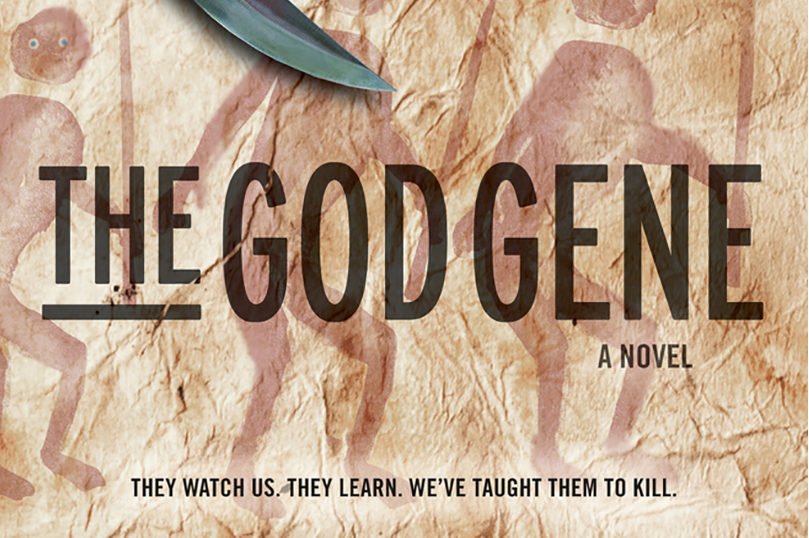
At the Crossroads of Crichton and Lovecraft
What exactly is a god gene? Heather Graham interviews F. Paul Wilson about his new book blending science and sci-fi.

What exactly is a god gene? Heather Graham interviews F. Paul Wilson about his new book blending science and sci-fi.

New from F. Paul Wilson, Kristen Simmons, and others!

The God Gene will be available on January 2nd. Please enjoy this excerpt.